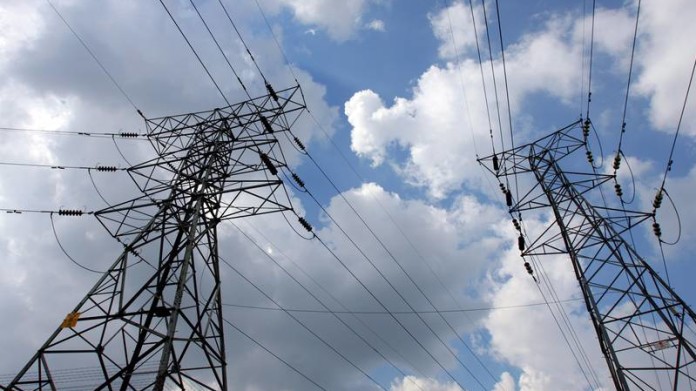
The Minerals Council of South Africa has welcome steps announced by Eskom and Public Enterprises Minister Pravin Gordhan to open up 36,000 ha of land in Mpumalanga to companies looking to build renewable energy projects as well as to expedite access to the Eskom grid.
Gordhan also said there was a “great deal of awareness” about expanding the transmission capacity from the Northern and Eastern Cape – the two provinces most suited to solar and wind projects – and Eskom had started this work.
The measures follow a plea from Minerals Council CEO Roger Baxter in November for clarity on a number of issues so that the mining industry could start developing planned renewable energy projects totalling some 3,900MW.
He called in particular for action on the limited transmission capacity from provinces like the Northern and Eastern Cape; for clarity of Eskom’s plans to “wheel” or send power from the new independent plants to the mines and for the environmental authorisation process needed for approval to be shortened.
Eskom CEO Andre de Ruyter announced on Wednesday that Eskom intended bringing in an auction process to lease land – initially in Mpumalanga – to the private sector to generate electricity from renewable technologies “ for own consumption or sale to third parties.”
Great advantage of Mpumalanga is it hosts much of Eskom’s existing well-established grid infrastructure that the new projects can connect into. The maximum size of any project will be 100MW
De Ruyter commented, “the bidding process will favour generators for size and speed and delivery – thus quickest delivery of the most megawatts to the grid in order to help relieve the constraints of the power system.”
Baxter said “the auction of land around its power plants for rapid construction and commissioning of renewable energy projects will go a long way to taking the pressure off Eskom’s aged fleet of coal-burning plants, allowing for sustainable and considered maintenance programmes as would the projects under consideration and construction in the mining industry without putting any further financial burden on Eskom’s balance sheet.”
De Ruyter spelt out Eskom’s dire situation in his report for the six months to end-September commenting “we have to emphasise that the power system is unreliable and unpredictable due to insufficient maintenance of generation plant over many years.”
That meant the risk of loadshedding would remain until the capacity shortfall of between 4,000MW and 6,000MW had been addressed.
De Ruyter added the additional capacity of some 2,000MW from the 11 bidders of Renewable Energy IPP Procurement Programme Bid Window 5 “is not expected to come on line for some time and will not solve the problem in the near term.”











